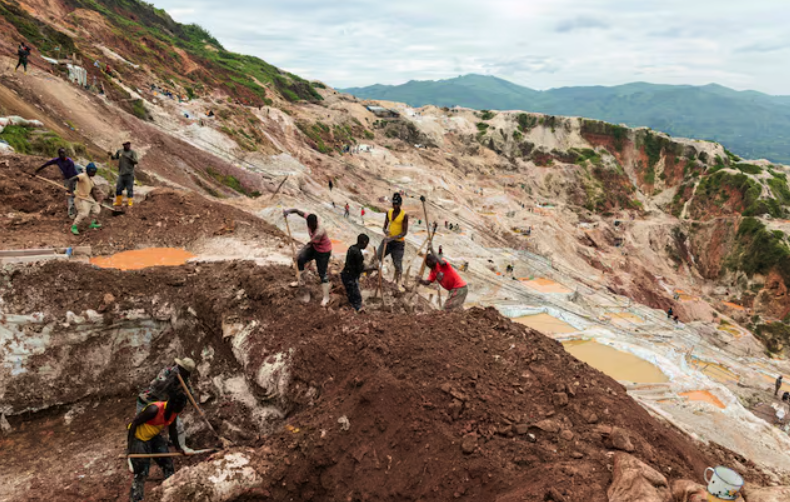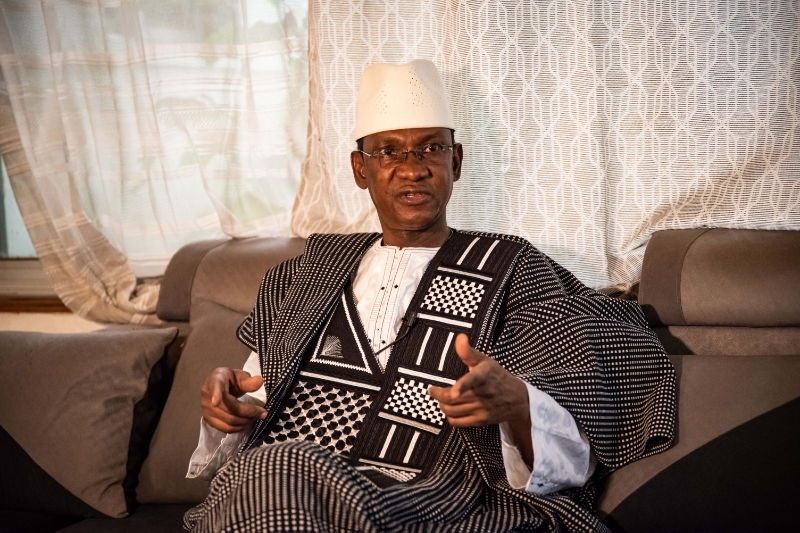Gambiaj.com – (BAMAKO, Mali) – Former Malian Prime Minister Choguel Maïga has reiterated his stance on the political transition in Mali, asserting that the country does not currently have a legitimate president of the republic. Speaking during a media appearance over the past weekend, Maïga challenged the legitimacy of Mali’s transitional leadership, emphasizing that no elections have been held to confer such a title.
“In Mali, there is no president of the Republic; there is a consensually chosen transition. I told some ministers that no Malian voted to elect a President of the Republic,” Maïga declared, referencing the current interim government led by Colonel Assimi Goïta.
He contrasted Mali’s situation with its neighbors Burkina Faso and Niger, where national consultations formally designated their respective transitional leaders as Presidents. “This is not the case in Mali,” he pointed out, insisting that the title of President of the Republic can only be granted after a presidential election.
Questioning the Application of the 2023 Constitution
Maïga also cast doubt on the full implementation of Mali’s 2023 Constitution, which established the country’s Fourth Republic. According to him, the new constitutional framework will only take full effect after the election of a new president, mirroring the timeline of the 1992 Constitution that created the Third Republic.
“The 1992 Constitution was voted on January 12, 1992, promulgated on February 25, 1992, but only began to be applied and to produce its effects after the election of the President of the Republic, invested on June 8, 1992,” Maïga explained.
If the 2023 Constitution is already in effect, Maïga argued, then the Transitional National Council (CNT) and the Transition Charter should no longer have any legal standing. “The CNT and the Transition Charter have no legal basis,” he asserted.
A Challenge to the Interim Leadership
Maïga’s comments appear to be a direct challenge to Mali’s transitional authorities, who have pledged to return the country to civilian rule but have repeatedly delayed elections. His remarks highlight growing tensions over the legitimacy of the transition and the pace at which democratic governance is being restored.
Despite his criticisms, Maïga insisted that his position was not driven by opposition to the current leadership but by a commitment to truth. “I consider that I am a friend of the president; that is why I tell him this truth,” he stated.
With no clear election date set, Mali’s political future remains uncertain, and Maïga’s strong words may fuel further debate over the path to democratic legitimacy in the Sahelian nation.










